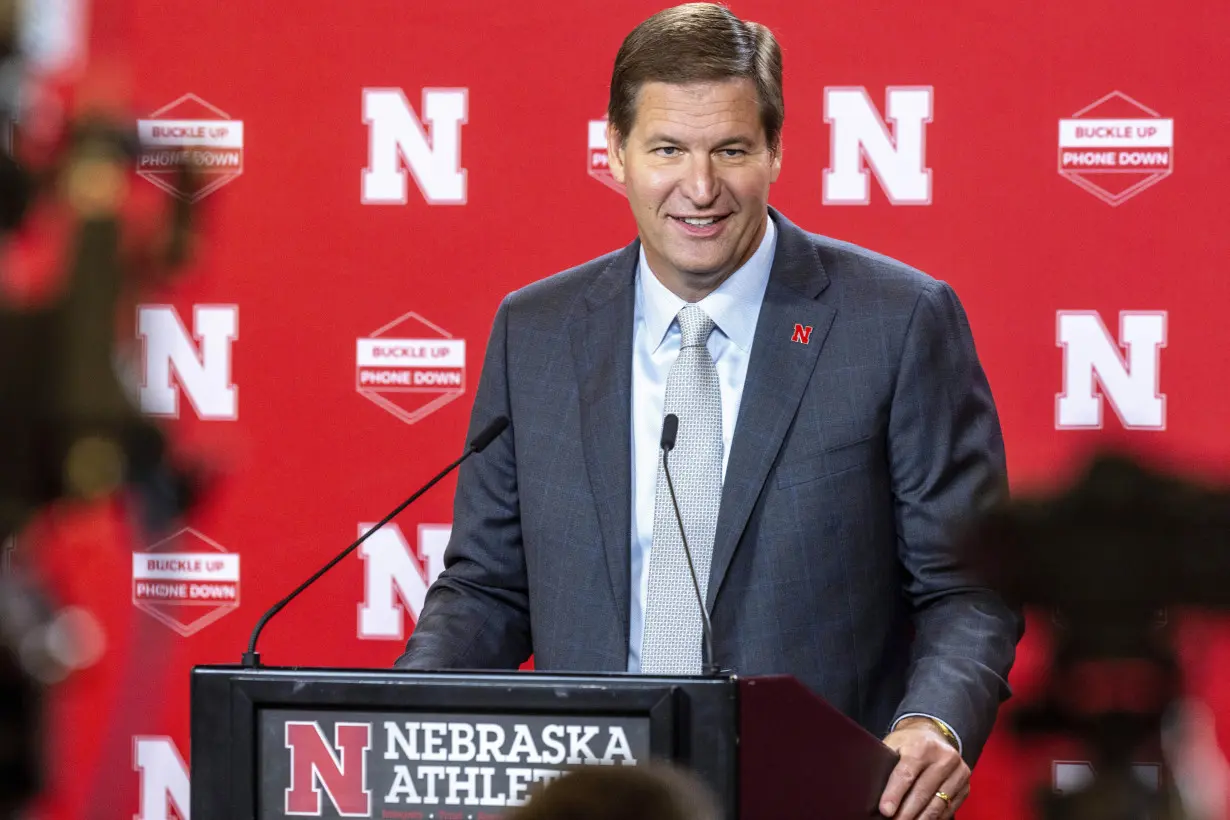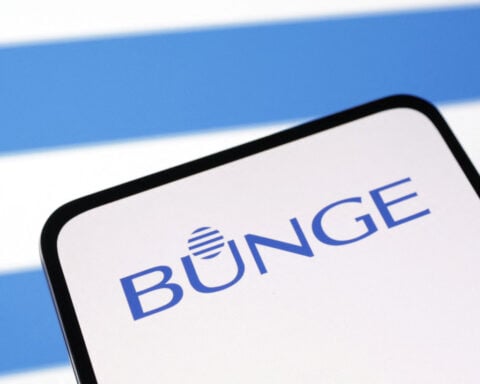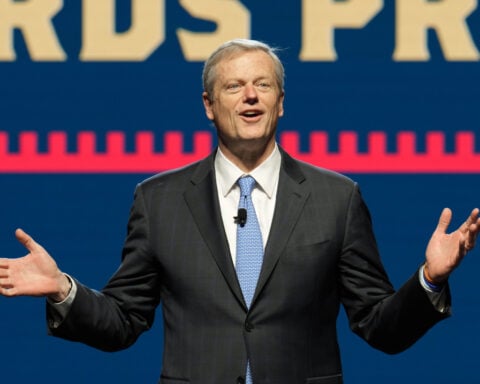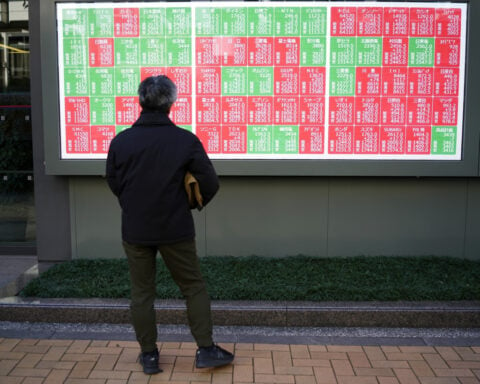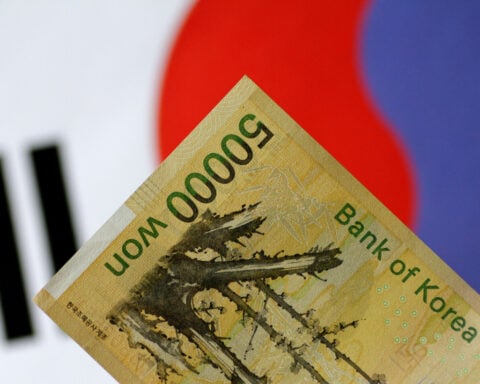The business of college athletics is run by stakeholders rather than stockholders and the bottom line is measured by victories rather than profits.
That, sports economist Andrew Zimbalist says, is why Texas A&M is paying Jimbo Fischer more than $75 million to not coach its football team and coaches at some of the nation's top programs have similar, massive severance packages baked into their contracts.
There will be no end to these golden parachutes, Zimbalist and others said, until the business model changes and significantly more revenue is redirected to the athletes.
“If we're having this conversation in 30 years and athletes are employees, all these benefits and ridiculous severance payments coaches get will start to come down,” said Zimbalist, a Smith College professor emeritus of economics who has written more than a dozen books on college and pro sports. “In the meantime, there’ll be substantial losses for athletic programs."
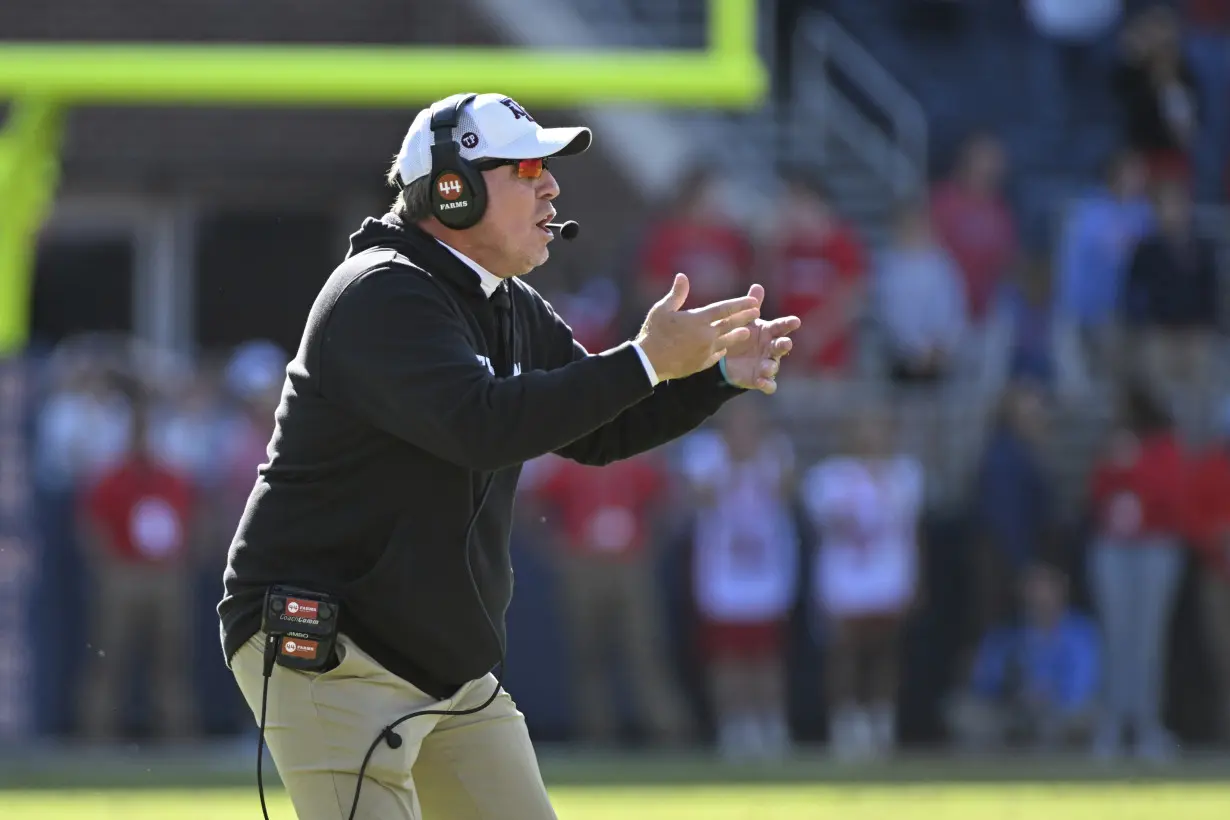
Fisher was fired Sunday, just over two years after he signed a fully guaranteed 10-year, $95 million contract. Texas A&M said it will use donor funds to make an initial payment on the $75 million-plus owed to Fisher and pay the rest with athletic department revenue on an installment plan.
Six active coaches have buyout clauses that would pay each more than $50 million if they were fired without cause, topped by Georgia's Kirby Smart ($92.5 million), LSU's Brian Kelly ($70 million) and Penn State's James Franklin ($64.5 million).
The length of contract affects the buyout amount and is typically determined by the number of years remaining. Some coaches have contracts up to 10 years, which creates the eye-popping buyout figures.
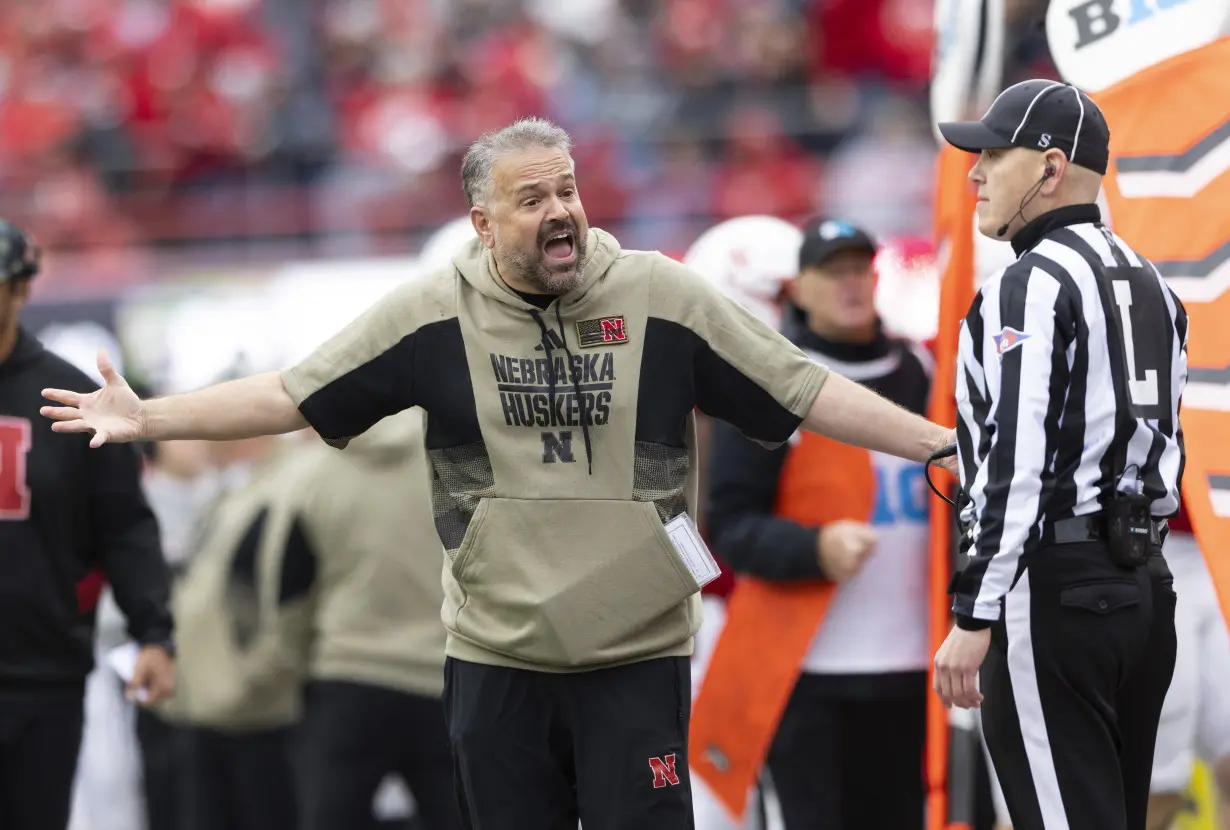
Nebraska athletic director Trev Alberts hired Matt Rhule last November and signed him to an eight-year, $74 million contract. Rhule agreed to receiving 90% of what he would be owed as opposed to having a fully guaranteed contract, and his buyout stands at $62 million this year.
“Think about it this way: If you’re a coach, you recognize that universities and their fans and donors can be very emotional and rash decisions can be made,” Alberts said. “Buyout provisions, length of contract and those types of things are very important — because that’s what protects you or at least makes it more difficult for institutions to make those kinds of decisions.
“I understand why there is a want or need to have some of that protection long term based on that emotion,” Alberts added. “On the other hand, it certainly does put universities in precarious situations if it’s apparent a leadership transition is required.”
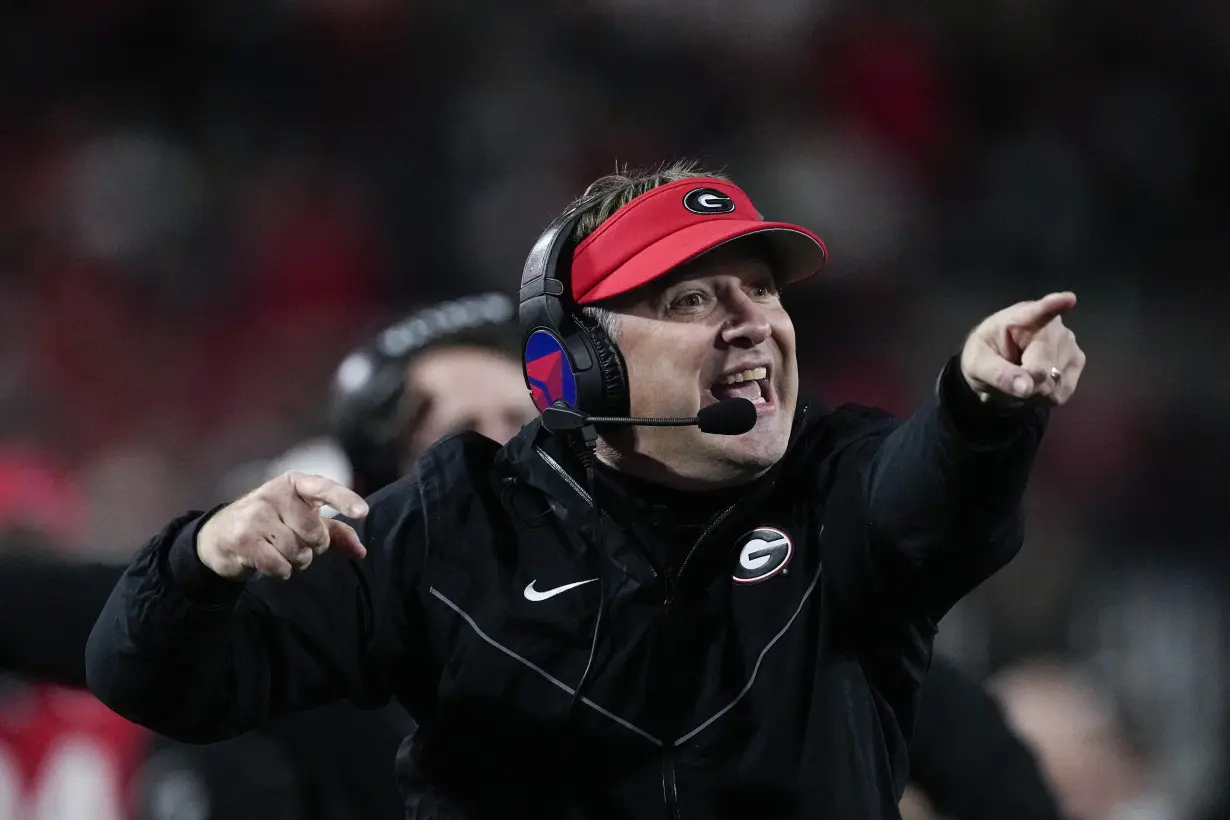
The buyout balloon could be popped if athletes prevail in court cases yet to be decided and an administrative law judge sides with the National Labor Relations Board's contention that college athletes have been misclassified as “student-athletes” rather than as employees.
In House vs. the NCAA, billions of dollars of back pay for lost endorsement, broadcast and video revenue is sought for up to 15,000 athletes dating back to 2016. In Johnson vs. the NCAA, as with the NLRB complaint, employee status for college athletes, and the pay and other benefits that would come with it, are being sought.
Richard Southall, director of the College Sport Research Institute at the University of South Carolina, said as long as athletes remain mostly unpaid and schools are able to bring in, and spend, revenue from media rights agreements, tickets and corporate sponsorships, coaches and their agents will hold a distinct advantage in contract negotiations.
“NFL owners negotiate much stronger and don’t allow coaches to have the leverage in their contracts because NFL owners know it’s fundamentally about compensating the players,” Southall said. “You have to take care of your players before anything else whereas in college sport you don’t have to compensate your labor at a market rate.”
Zimbalist and Southall said university presidents and trustees typically aren't comfortable dealing with athletic department matters and often defer to their athletic directors, whose own careers hinge on winning. Financial prudence goes out the window, they said.
“In a metaphorical sense, they’re back in high school — university chancellors and academics are afraid of going up against the jocks,” Southall said. “They’re like, ‘Whatever you want.’ University presidents don’t negotiate hard with agents, and there are only so many agents representing all the coaches who are in their pool. They just accept it.”
___
Get poll alerts and updates on AP Top 25 football throughout the season. Sign up here. AP college football: https://apnews.com/hub/ap-top-25-college-football-poll and https://apnews.com/hub/college-football

 Stock market today: Asian stocks mixed ahead of US inflation data
Stock market today: Asian stocks mixed ahead of US inflation data
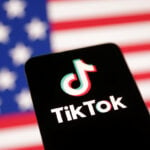 TikTok seeks to reassure U.S. employees ahead of Jan. 19 ban deadline
TikTok seeks to reassure U.S. employees ahead of Jan. 19 ban deadline
 US won't seek charges in unarmed Black motorist Ronald Greene's fatal 2019 arrest
US won't seek charges in unarmed Black motorist Ronald Greene's fatal 2019 arrest
 Euro zone households could increase consumption, ECB chief economist says
Euro zone households could increase consumption, ECB chief economist says
 Foreigners sold South Korean equities last month by most since early 2020
Foreigners sold South Korean equities last month by most since early 2020
 As fires ravage Los Angeles, Tiger Woods isn't sure what will happen with Riviera tournament
As fires ravage Los Angeles, Tiger Woods isn't sure what will happen with Riviera tournament
 Antetokounmpo gets 50th career triple-double as Bucks win 130-115 to end Kings' 7-game win streak
Antetokounmpo gets 50th career triple-double as Bucks win 130-115 to end Kings' 7-game win streak
 Zheng loses to No 97 Siegemund, Osaka rallies to advance at the Australian Open
Zheng loses to No 97 Siegemund, Osaka rallies to advance at the Australian Open
